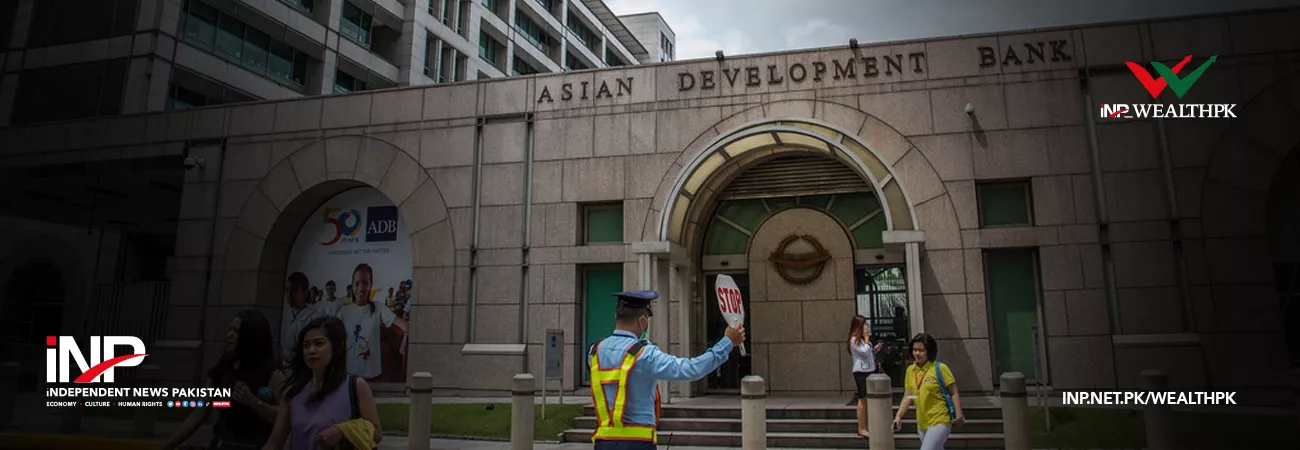INP-WealthPk
The Pakistani government has received policy recommendations from the Asian Development Bank (ADB) to strengthen the energy industry and address lingering problems. A new ADB study "CAREC Energy Outlook 2030" included recommendations for continuing energy sector reforms through privatisation and expanding competitive markets.
The transition to a competitive energy market should continue, with explicitly defined laws to enable effective implementation for both natural gas and electricity. Additionally, it suggested reducing energy distribution and generating subsidies gradually. This may be accomplished by changing the current tariff framework to let T&D companies earn better returns, reducing circular debt, and enabling more infrastructure investments.
The updated electricity consumer subsidy policy developed in 2021 is a significant step in the right direction. "Continue to encourage and expand the renewable energy industry. Wind and solar power generation have enormous potential, and this potential has to be quickly utilised. By moving away from thermal power, the country would become less dependent on imports while reducing emissions and supply threats," said the report.
The report suggested introducing carbon pricing, specifically an emissions trading scheme. Carbon pricing is an effective policy instrument to mitigate GHG emissions, mainly by passing the cost of emitting on to emitters and thereby giving them financial incentives to reduce their emissions. The first step in this approach was the establishment of the National Committee for the Establishment of Carbon Markets in December 2019.
The study also suggested establishing a comprehensive energy strategy for the energy sector that outlines specific activities and initiatives. If a comprehensive strategy is adopted for the energy industry, it will increase transparency and direct private investors in their quest for investment possibilities. Categorizing hydropower as a renewable energy resource is crucial for the successful implementation of further projects, and for attracting more investment via incentives for renewable power projects.
The report suggested creating strategies for the expansion of the transmission sector and rural electrification. High transmission and distribution losses, which are a major contributor to market circular debt, are one of the main issues. A clear plan for loss reduction will be available if the country's transmission line development plan is successfully implemented.
Additionally, since it will bring more users into the grid and promote future economic growth, strategic planning for the electrification of rural areas is very important, said the report. It also suggested using building regulations and other legislation to better implement energy efficiency policy initiatives in consumption sectors. Although a significant development target for an energy efficiency strategy has been developed, additional implementation of secondary laws and associated rules is necessary to assure enough advancement throughout the implementation stage.
Credit : Independent News Pakistan-WealthPk




